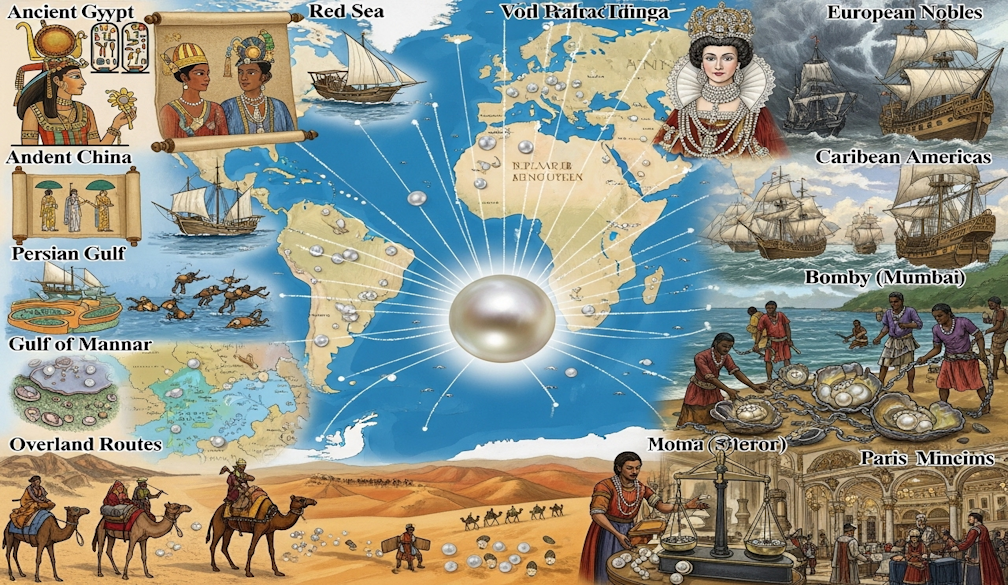Going down a Wikipedia rabbit hole? Science says you’re one of these three types
- Written by Sarah Polkinghorne, Adjunct Senior Industry Fellow, School of Global, Urban and Social Studies, RMIT University

If you’ve ever gone to look up a quick fact and just kept browsing from one article (or page, or video), to another, to another – then you know the feeling of “going down a rabbit hole”. This experience of curiosity-led online wandering has become synonymous with the free, user-created encyclopedia Wikipedia.
Founded in 2001, Wikipedia is today one of the world’s most popular websites. With more users than Amazon, Netflix, TikTok or ChatGPT, the site is a go-to source for people to learn about and discover new interests.
In new research involving more than 480,000 Wikipedia users in 14 languages across 50 countries, US researchers led by Dale Zhou at the University of Pennsylvania studied three distinctly different ways of going down the Wikipedia rabbit hole. These “curiosity styles” have been studied before, but not in such a large, diverse group of people using Wikipedia “naturalistically”, in daily life.
The research may help us better understand the nature and importance of curiosity, its connections to wellbeing, and strategies for preventing the spread of false information.
Wikipedia: first controversial, now mature, always popular
When Wikipedia was new in the early 2000s, it sparked controversies. People such as librarians and lecturers voiced concerns about Wikipedia’s potential for platforming untrue or incomplete information.
Today, the factuality of Wikipedia’s existing contents is less concerning than questions of bias, such as which topics the site’s volunteer editors deem noteworthy enough to include. There are global efforts to fill gaps in Wikipedia’s coverage, such as “edit-a-thons” to add entries on historically overlooked scientists and artists.
Part of what made Wikipedia groundbreaking was how it satisfies people’s intrinsic learning needs by inviting navigation from page to page, luring readers into rabbit holes. This, combined with the site’s participatory approach to creating and verifying pages, sparked its rapid growth. These qualities have also sustained Wikipedia as a predominant everyday information source, globally.
Research about Wikipedia has also evolved from early studies comparing it to the Encyclopedia Britannica.
This new study examines data about Wikipedia readers’ activities. It looks at the different “architectural styles of curiosity” people embody when they navigate.
Busybodys, hunters and dancers
The new study explores the “knowledge networks” associated with the three main styles of curiosity: busybody, hunter and dancer. A knowledge network is a visual representation of how readers “weave a thread” across Wikipedia articles.
As the researchers explain:
The busybody scouts for loose threads of novelty, the hunter pursues specific answers in a projectile path, and the dancer leaps in creative breaks with tradition across typically siloed areas of knowledge.
Earlier research had shown evidence of busybodies and hunters, and speculated about the existence of dancers. The new study confirms that busybodies and hunters exist in multiple countries and languages. It also details the dancer style, which has been more elusive to document.
The researchers also identified geographical differences between curiosity styles.
In all 14 languages studied, busybodies tend to read more about culture, media, food, art, philosophy and religion. Hunters in 12 out of 14 languages tend to read more about science, technology, engineering and maths.
In German and English, hunters were more drawn to pages about history and society than busybodies. The opposite was true in Arabic, Bengali, Hindi, Dutch and Chinese.
Dancers were identified by their forward leaps between disparate topics, as well as the diversity of their interests.
The research team points out we still have much to learn about how curiosity is shaped by local norms. Relating these results to gender, ethnicity, access to education, and other elements will paint a fuller picture.
Curiosity is beneficial, generally … and we have more to learn
Overall, this study supports the benefits of freer, broader browsing and reading. Following our curiosity can help us become better informed and expand our worldviews, creativity and relationships.
At the same time, people sometimes need closure more than they need exploration. This is not a bad thing or a sign of narrow-mindedness. In many situations there are benefits to moving on from information-seeking, and deciding we’ve learned enough for now.
Endless curiosity can have downsides. This is especially true when it’s motivated not by the joy of learning, but by the discomfort of uncertainty and exclusion. As other research has found, for some people, curiosity can lead toward false information and conspiracy theories. When information has a sense of novelty, or a hint of being hidden by powerful elites, this can make it more appealing, even when it’s not true.
The new study emphasises that different curiosity styles do not lead simply or universally to creativity or wellbeing. People’s contexts and circumstances vary.
Each of us, like Goldilocks, can follow our curiosity to find not too much, not too little, but the information that is “just right”. The researchers also hint at evidence for a spectrum of new curiosity styles beyond the main three, which will surely spark more research in future.
Stay curious and enjoy the rabbit hole
This study also suggests ways Wikipedia (and sites like it) could better support curiosity-driven exploration. For example, rather than suggesting pages based on their popularity or similarity to other pages, Wikipedia could try showing readers their own dynamic knowledge network.
As a Wikipedian would say, this new study is noteworthy. It shows how smaller-scale, exploratory research into people’s reading and browsing can be translated to a much larger scale across languages and cultures.
As AI becomes more influential and the problems of misinformation grow, understanding technologies that shape our access to information – and how we use them – is more important than ever. We know YouTube recommendations can be a radicalising pipeline to extremist content, for example, and ChatGPT is largely indifferent to the truth.
Studying Wikipedia readers reveals a rich picture of people’s freely expressed, diverse online curiosities. It shows an alternative to technologies built on narrower assumptions about what people value, how we learn, and how we want to explore online.
Authors: Sarah Polkinghorne, Adjunct Senior Industry Fellow, School of Global, Urban and Social Studies, RMIT University


















